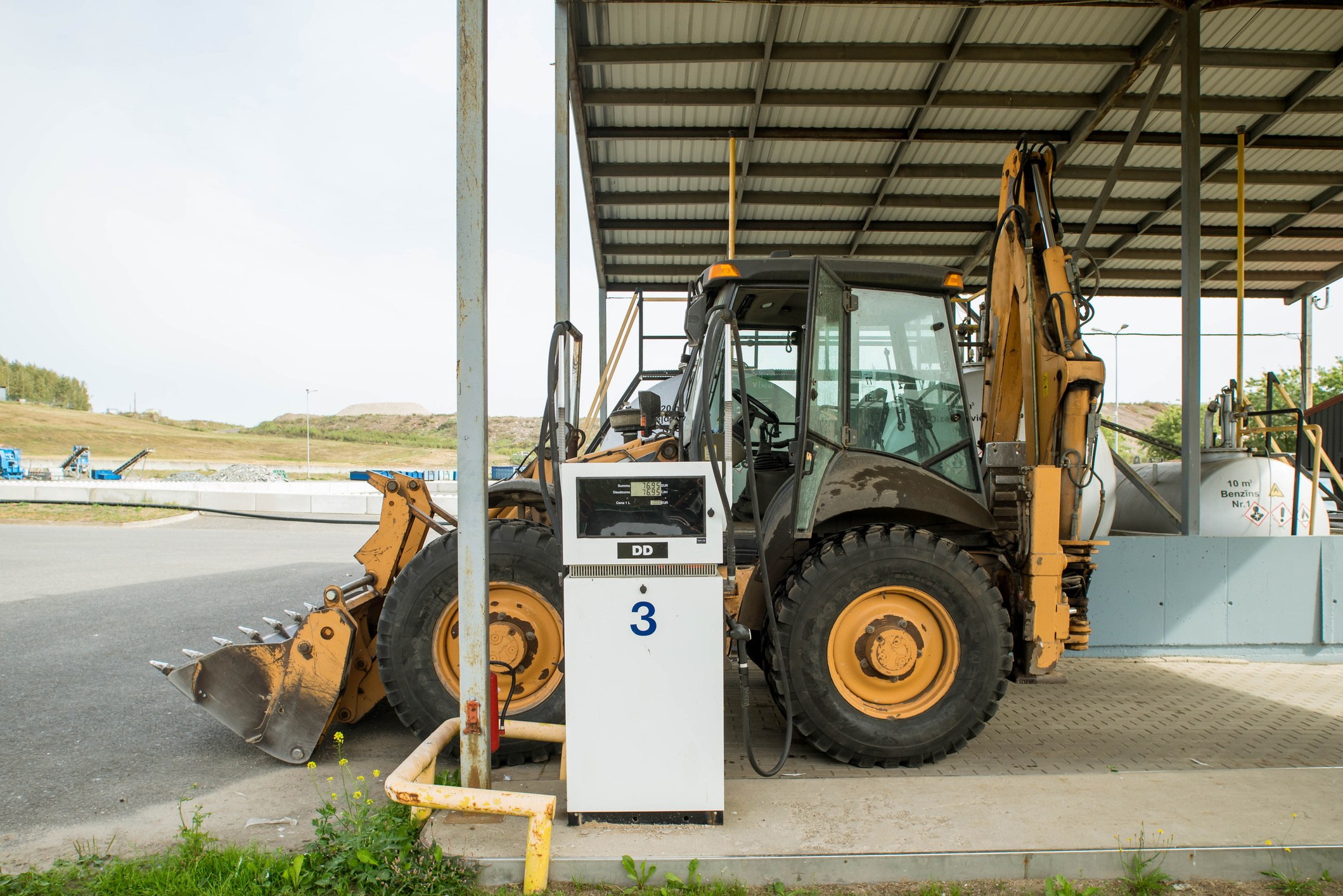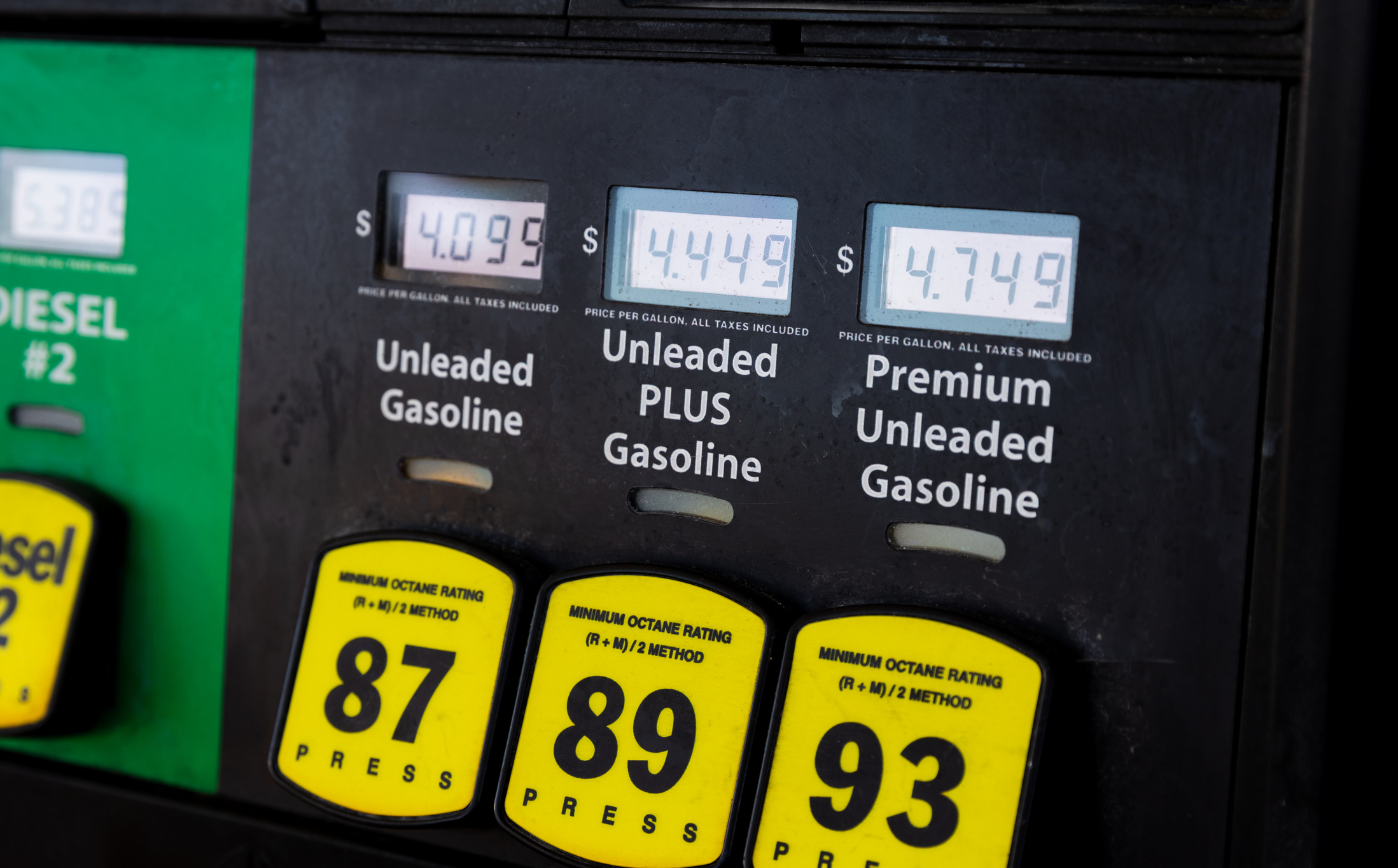Note, this blog has been updated to reflect new information. The grant provided by the state covers only the first phase of a process that hopes to reduce 680,000 metric tons of CO2. The numbers have been changed to reflect that.
For the cost of $2.3 million, the state of Washington awarded a grant that will:
- Reduce as much CO2 every year as Sound Transit 3 (which cost $54 billion)
- Cost as little as 2 percent as much per metric ton as the low-carbon fuel standard considered by the legislature and the Puget Sound Clean Air Agency
Earlier this week the Washington State Department of Ecology announced that Washington's CO2 emissions were not declining, despite the political rhetoric from Olympia. This grant, however, shows there are opportunities to effectively reduce emissions at low cost, using market approaches.
The state announced it will grant $2,328,000 to the Intalco Aluminum plant in Ferndale to improve the efficiency of its production, reducing more than 140,000 tons (127,000 metric tons) of CO2 per year. Intalco will match the amount, bringing the total investment to $4.6 million This amounts to $18.10 from the state for each metric ton of CO2 avoided, and $36.21 in total.
Compare that to other climate policies promoted in the state during the past year. The low-carbon fuel standard currently being promoted by the Puget Sound Clean Air Agency currently costs up to $195 to reduce one metric ton (MT) of CO2. The tax breaks for electric vehicles adopted by the legislature this year cost about $150 to reduce on MT of CO2. The 100% renewable electricity mandate costs between $60 and $90 to reduce each MT of CO2.
Finally, Sound Transit estimates that ST3, the most recent extension of light rail, will only reduce 130,000 MT of CO2 annually – about the same as the Intalco grant.
Additionally, that estimate is for the first year alone.
Importantly, this is for the conversion of the first 100 “pots” in the process. For every pot that is upgraded, it reduces 1,400 MT/CO2 annually. Intalco hopes to do that in two years. This is a dramatic acceleration of the current rate. They expect to upgrade only 8 pots this year. At that rate, they will upgrade in 2 years what it would take 12 years to do at the current rate.
So, even if Intalco might have done this anyway five years from now (which is no guarantee), the cost per MT of CO2 goes down to $3.62. That is a great price.
Rep. Sharon Shewmake represents Ferndale where the plant is located and is an environmental economist. In her first year in the legislature, she expressed opposition to some high-cost climate policies. She was pleased to hear about this low-cost, high-benefit project. She told me, “We should always be looking for win-win and low-cost carbon mitigation. It won’t be all we need to do, but a ton of carbon is a ton of carbon and we should be looking for the cheap options wherever possible.” She’s absolutely correct.
This type of project should be the model for future efforts by the state. Not only is it a low-cost way to reduce CO2 emissions, it is the type of project politicians don’t have the knowledge to identify. To be sure, this project appears to have been pre-selected. The grant was narrowly written to cover aluminum manufacturing in Whatcom county for projects reducing 750,000 tons of CO2. Not surprisingly, Intalco was the only one who responded. This is not the best way to run a grant competition. Despite that, however, the price is remarkably low and indicates much more can be done with competitive grants.
A program of competitive grants, rather than regulation or political payoffs, would uncover these types of effective projects, reducing CO2 emissions more rapidly and at lower cost than policies based on politics and ideology.






